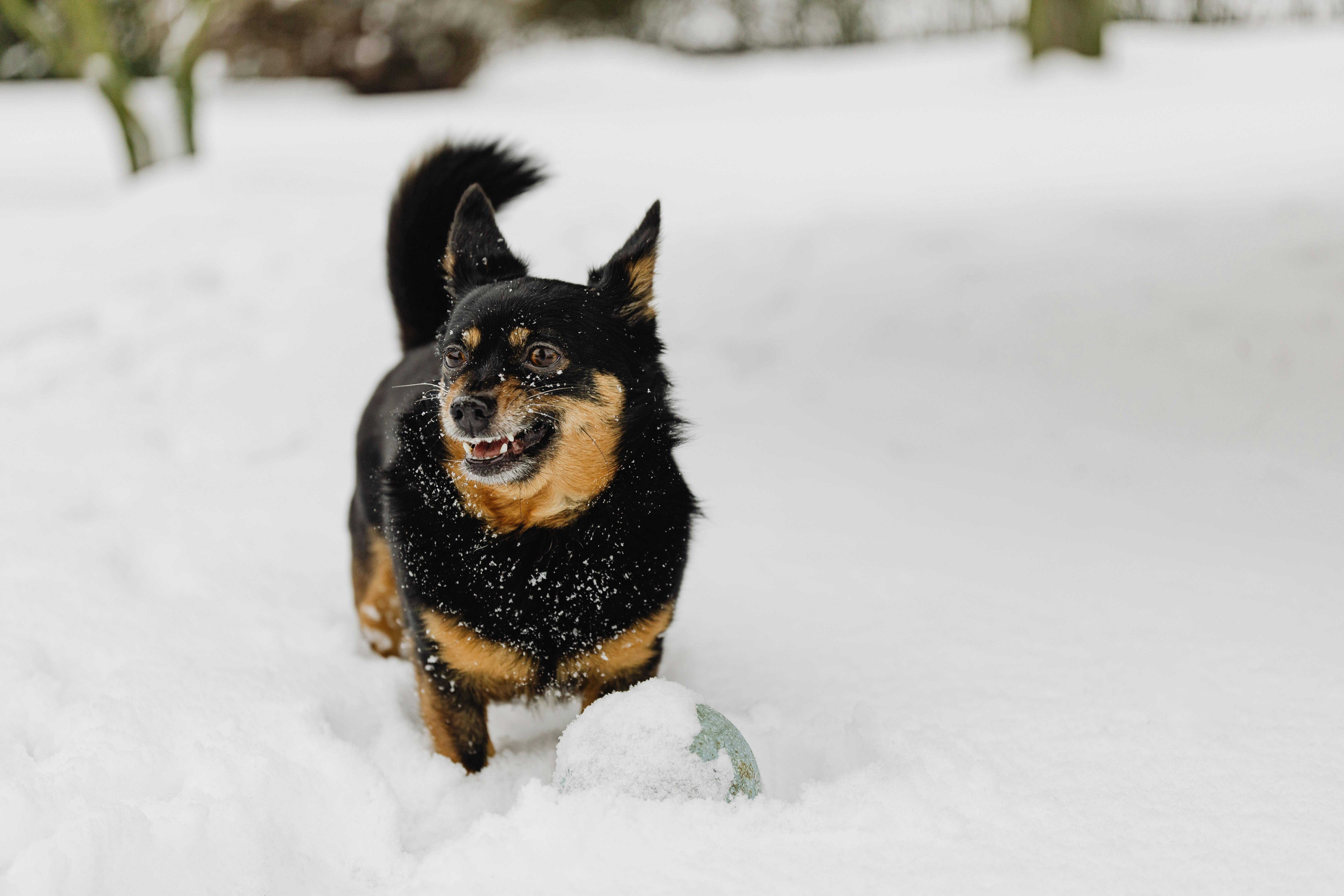Shiba Inu breeders and owners should be very careful when trying to breed this variety of dog. When choosing the dogs that a Shibu Inu breeder plans to breed, they should first research the medical history and general health of the dogs in question.
In general, the Shiba Inu dog breed is very healthy and energetic. They are able to cope with outdoor conditions, but also adapt well to indoor life. They do not require a special diet like many other dog breeds, and can simply maintain a healthy lifestyle with general exercise and basic dog food. This is one of the many qualities that attract Shiba Inu breeders to this specific type of dog.
-Their great agility alone is enough to help them refrain from general injuries that could leave other breeds defenseless.
However, this specific type of dog has some inherited defects that all Shiba Inu owners and potential breeders should be aware of. However, there are not too many serious disorders to worry about.
Patellar luxation is one of the most common and possibly devastating conditions that all Shiba Inu breeders should be aware of. In this disorder, the kneecap is displaced in the dog’s body. There are several stages of this disease. The first stage involves detachment of the patella, however it can be manually returned to its proper place. In stage four of this disease, the kneecap cannot be replaced or moved into place and can cause possible lameness or bowlegs. However, most cases of this involve stage one.
A Shiba Inu breeder should have potential breeding partners checked for this abnormality.
Another common problem among the Shibu Inu breed is hip dysphasia. Along with this are hereditary eye defects that are widespread throughout the canine world. Cataracts are the common eye defect. Recent studies show findings that eye defects are more common in females than males of this breed.
However, the most common health care concern Shiba Inu breeders should be aware of is simple allergies like flea allergy dermatitis, also known as FAD. When a dog suffers from this health problem, it usually chews its skin and eats its hair. For most Shiba Inu, this disorder can be treated simply with over-the-counter topical canine products. However, more severe cases require the dog to receive injections.
Another major concern that all Shiba Inu breeders should be aware of is potential dental health issues. A large number of small dog breeds suffer from these common problems due to weak jaws, misaligned teeth, and early tooth loss. However, this is not a major concern unless it really affects the dog’s eating habits.
A detailed health history of the dogs being considered for breeding, along with some testing at a local vet, can really benefit a Shiba Inu breeder, when it comes to choosing the right pair of dogs to breed.
